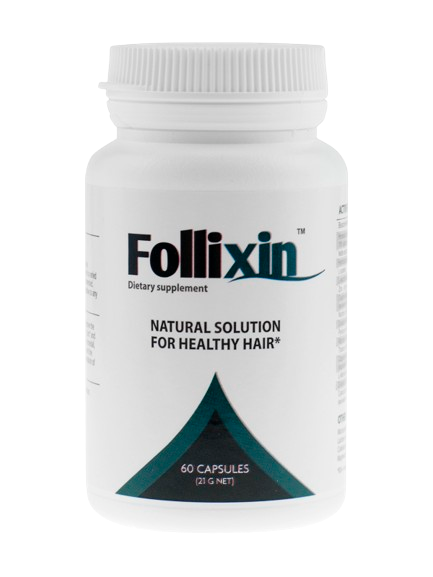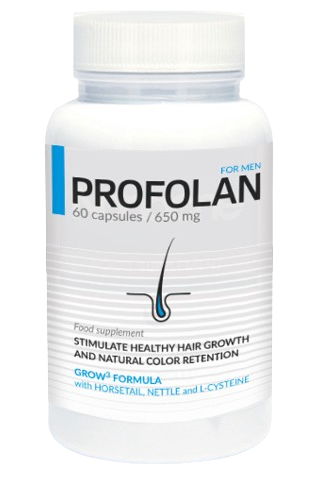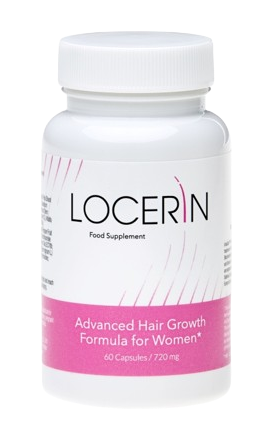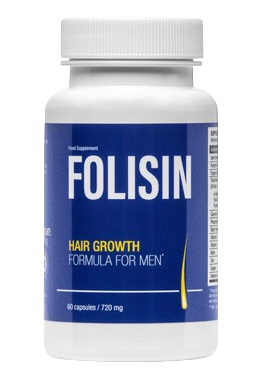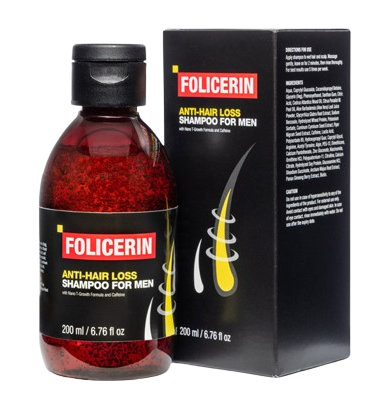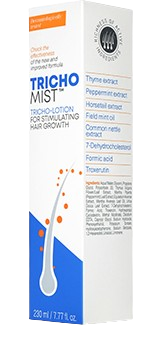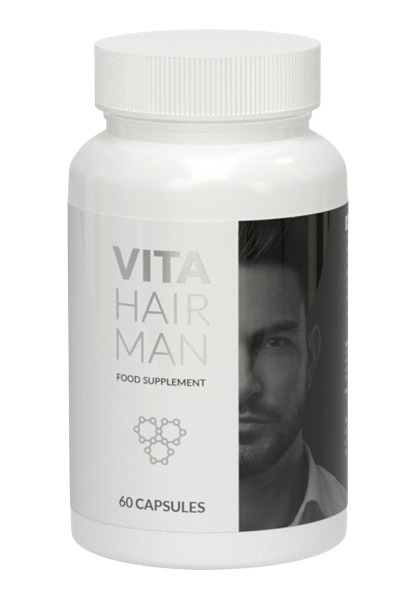Revitalize Your Hair: Top Solutions for Alopecia Today!
Alopecia refers to hair loss that can occur for various reasons, including genetics, stress, or medical conditions. Many individuals seek effective hair loss treatments to combat this issue. Understanding how to grow your hair quickly can be essential for those experiencing thinning or bald patches. The question of how fast does hair grow varies among individuals, but on average, it grows about half an inch per month.
For those keen on accelerating their hair growth journey, there are several strategies to consider. Here are some tips on how to make your hair grow faster:
- Maintain a healthy diet rich in vitamins and minerals.
- Incorporate scalp massages to stimulate blood circulation.
- Minimize heat styling tools to prevent damage.
- Use essential oils known for promoting hair growth, such as rosemary or peppermint.
If you're contemplating a hair loss cure, consulting with a dermatologist can provide tailored solutions. Many people wonder how to increase hair growth through natural remedies or specialized products. Some might inquire about how to grow long hair effectively, while others focus on quick hair growth techniques.
To illustrate different approaches to hair growth, consider the following table comparing popular hair care methods:
| Method |
Effectiveness |
Time Frame |
| Dietary Changes |
High |
Varies |
| Scalp Treatments |
Moderate |
1-3 months |
| Hair Growth Supplements |
High |
4-6 weeks |
In essence, learning how to grow hair involves a combination of proper care, nutrition, and possibly seeking professional advice. Whether you wish to know how to make your hair grow or how to grow your hair fast, adopting these practices will certainly aid your journey towards healthier, fuller-looking locks.
Alopecia, or hair loss, can be a distressing condition that many seek to address. Understanding how to grow hair fast becomes crucial for those experiencing thinning or bald patches. Various hair growers on the market claim to assist in promoting rapid hair growth, but it’s essential to identify what truly works.
When considering how much does hair grow in a month, it's important to note that on average, hair grows about half an inch. This means that patience is key when trying to achieve longer locks. If you find yourself asking, "why won’t my hair grow?" or "my hair won’t grow," several factors might be at play, including genetics, diet, and overall health.
To effectively encourage hair growth, you can implement several hair growth tips. For instance, maintaining a balanced diet rich in vitamins and minerals can significantly impact how to speed up hair growth. Additionally, using essential oils like rosemary or peppermint may help stimulate follicles.
Here are some effective strategies to help hair grow:
- Stay hydrated to support overall health.
- Limit heat styling to prevent breakage.
- Regularly trim your hair to keep it healthy.
- Use a gentle shampoo and conditioner.
If you’re wondering how to help hair grow, consider scalp massages to improve circulation. Furthermore, avoiding stress is vital, as it can contribute to hair not growing as expected. Those interested in how to grow hair quickly should look into supplements such as biotin, which is often touted as one of the best things for hair growth.
Understanding what makes hair grow involves recognizing the role of hormones and nutrition. For individuals struggling with hair not growing, it may also be beneficial to consult with a healthcare professional to rule out any underlying health concerns. Overall, the journey to achieving luscious locks may require time and a combination of methods to promote hair growth effectively.
Alopecia, commonly referred to as hair loss, affects many individuals, particularly women. Understanding the factors contributing to this condition can help in finding effective solutions. For those grappling with thinning hair in women, exploring various methods may provide some relief. One important question many ask is, "Why doesn’t my hair grow?" This concern often leads to inquiries about how to make your hair grow longer and faster.
To achieve faster hair growth, certain practices can be helpful. Here are some tips to consider:
- Maintain a balanced diet rich in vitamins and minerals.
- Use essential oils known for promoting growth, like rosemary or peppermint oil.
- Limit heat styling and chemical treatments to avoid damage.
- Consider supplements specifically designed for hair health.
While there are no guaranteed baldness cures, various treatments claim to help with hair loss in women. The NHS hair loss guidelines offer valuable insights into managing female hair loss, including potential medications and therapies. Some individuals also seek a cure for baldness through natural remedies or advanced procedures.
For those experiencing hair thinning or hair falling out, addressing underlying health issues is crucial. Stress, hormonal changes, and nutritional deficiencies can significantly impact hair health. If you're searching for what makes your hair grow faster, consider regular scalp massages to improve circulation and stimulate follicles.
In the UK, resources like Alopecia UK provide support and information for those affected by hair loss. They emphasize that understanding the causes of hair loss and seeking proper advice can lead to better outcomes. Whether you’re looking to grow hair back or simply maintain what you have, knowing how to get hair to grow fast is essential in your journey toward healthier locks.
Alopecia encompasses various forms of hair loss, impacting both men and women. For many women, experiencing thinning hair can be distressing, leading to a search for effective solutions. There are several causes of hair loss in women, including genetics, hormonal changes, medical conditions, and stress. Understanding these factors is crucial for determining the right approach to hair loss help.
When faced with a bald patch or significant thinning, it’s essential to explore available options. The NHS provides information on alopecia treatment, detailing various methods that can support regrowth or camouflage loss of hair. Women’s hair loss can sometimes benefit from specialized hair loss treatment for women, which may include topical solutions or hair loss tablets.
If you're pondering why is my hair falling out, consider consulting a healthcare provider to discuss potential causes of hair loss. They might suggest a tailored regimen or lifestyle changes to help combat the issue. Many individuals turn to common remedies while seeking a male pattern baldness cure or dealing with alopecia areata NHS guidelines.
Here’s a brief comparison of different treatment options:
| Treatment Type |
Effectiveness |
Recommended For |
| Topical Treatments |
Moderate |
Thinning hair women |
| Hair Loss Tablets |
High |
General hair loss |
| Scalp Treatments |
Variable |
Bald patches |
Ultimately, knowing how to stop hair loss involves understanding your unique situation and exploring a combination of approaches. Engaging in baldness talk with friends or support groups can also provide valuable insights and emotional support throughout the journey.
Alopecia is a condition that can significantly impact one's self-esteem and quality of life. Understanding what causes hair loss is essential for addressing the issue effectively. Factors such as genetics, hormonal changes, and stress can contribute to this common problem. For instance, women often experience hair loss during and after pregnancy, which is commonly referred to as postpartum hair loss. According to the NHS, this type of hair loss is temporary but can be distressing.
If you're wondering how to prevent hair loss, consider adopting a healthy lifestyle. A balanced diet rich in vitamins and minerals can make a difference. Foods like spinach, nuts, and fish are known to bolster hair health. Additionally, many people ask, “how do I make my hair grow?” The answer often lies in both nutrition and proper hair care techniques.
To achieve longer hair quickly, there are various methods available. You might explore natural remedies, like massaging your scalp with oils, as they can stimulate follicles. Moreover, understanding what helps your hair grow can lead to better results. For those curious about how to get long hair fast, regular trims can improve hair health by preventing split ends.
When dealing with women's hair loss, it's important to recognize that each case is unique. What makes hair grow faster for one person may not be effective for another. Therefore, personalizing your approach is key. If you desire to grow hair fast, explore options like biotin supplements or hair masks that nourish the scalp.
Below is a comparison table of popular methods for promoting hair growth:
| Method |
Effectiveness |
Time to See Results |
| Scalp Massage |
Moderate |
4-6 weeks |
| Biotin Supplements |
High |
8-12 weeks |
| Essential Oils |
Moderate |
6-8 weeks |
| Healthy Diet |
High |
Varies |
Ultimately, your journey towards thicker, longer hair may take time, but with dedication and the right
